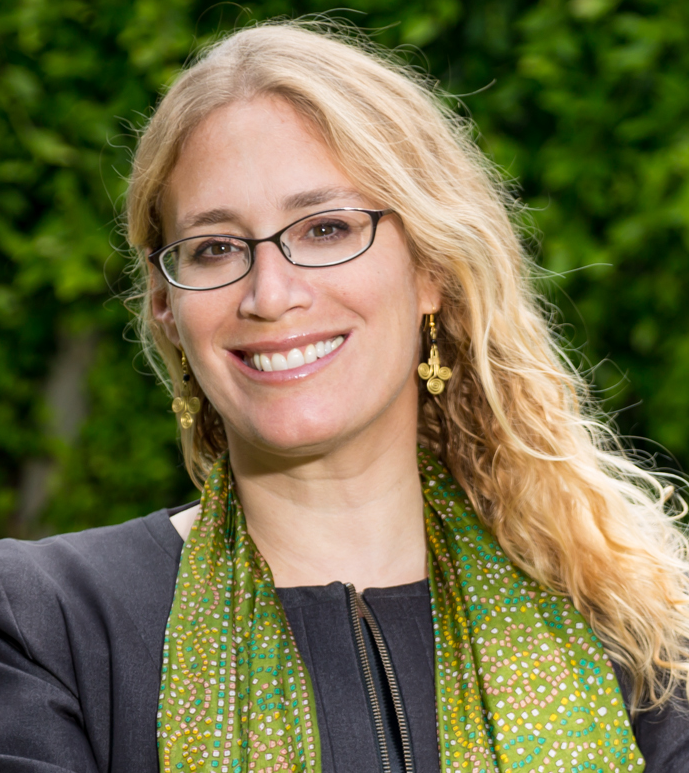Big business emerges as major US community investor – but ‘smaller dollar’ also playing a growing role
Big corporations have emerged as a major source of community investing in the past year, but subscale hyperlocal investing also plays a growing role in supporting left-behind neighbourhoods, a new report shows.
Published yesterday, the study, Impact in Place: Emerging Sources of Community Investment Capital and Strategies to Direct it at Scale, was commissioned by the community development team at the Federal Reserve Bank of New York (one of the 12 regional Federal Reserve banks in the US) and produced by the US Impact Investing Alliance, an organisation dedicated to building the impact investing ecosystem in America.
With the pandemic highlighting and exacerbating the deep economic and racial inequalities faced by the US, there is a growing consensus that community investing is a powerful tool that can transform underserved communities and benefit the population at large.
“People in basement apartments in Queens, small towns in Oneida County, and row houses in Union City suffered more than their wealthier neighbours. But the repercussions of that suffering were felt everywhere,” said David Erickson, senior vice president and head of outreach and education at the New York Fed, pointing out that the country's GDP overall shrunk by 32.9% in the second quarter of last year, the sharpest drop on record.
Looking at the current landscape of place-based impact investing, the report identified big companies as a major new source of community investment with firms such as Google and PayPal ploughing tens of millions of dollars in impact funds and bonds targeting left-behind communities and neighbourhoods.
The first thing we did was to listen. We turned to our black leaders inside and outside the company
“As a company that is committed to democratising financial services and improving financial health, we were determined to do our part,” said Rosita Najmi (pictured above), head of global social innovation at PayPal, speaking at the launch event yesterday.
“The first thing we did was to listen. We turned to our black leaders inside and outside the company.... And what we identified pretty quickly was an immediate need for an emergency response to the crisis that black businesses are facing, as well as a long-term need for ongoing continued support for these black businesses.”
As a result, PayPal committed $500m to impact investing, creating the Economic Opportunity Fund that supports minority-led startups, banks and credit unions.
As part of this, the company committed $50m to the Black Economic Development Fund run by the Local Initiatives Support Corporation, a national community development financial institution (CDFI). The fund is designed to provide deposits and other financing to Black-led CDFIs, minority depository institutions, anchor institutions and businesses.
 Fran Seegull (pictured, right), president of the US Impact Investing Alliance, said: “We saw a lot of sizable commitments from large, well-known corporations to communities, many responding to the pandemic, as well as some renewed demands for racial justice in light of the killings against black Americans”. She noted that these companies were leveraging capital from their corporate treasuries directly, rather than just from their corporate foundations with grant capital alone.
Fran Seegull (pictured, right), president of the US Impact Investing Alliance, said: “We saw a lot of sizable commitments from large, well-known corporations to communities, many responding to the pandemic, as well as some renewed demands for racial justice in light of the killings against black Americans”. She noted that these companies were leveraging capital from their corporate treasuries directly, rather than just from their corporate foundations with grant capital alone.
Small dollar
At the same time, the report notes the proliferation of investment funds that specifically seek to raise capital from ‘smaller dollar’, creating investment channels for smaller, non-accredited investors who want to fund targeted solutions directly. While small in scale by definition, they have a deeper impact as they involve local stakeholders who are close to the problems they are tackling.
One example is the Ujima Fund in Boston, which raised $2.5m to offer microloans to local businesses in communities of colour across the city. It enables local residents, businesses and other stakeholders to invest in building the wealth of their own community. Specifically, the Ujima Fund seeks to support small businesses, as well as real estate and infrastructure projects in Boston’s working-class communities of colour.
The authentic knowledge does not come from reading some stat reports in an article...It comes from living inside that community and experiencing that issue for oneself
While they invest on a bigger scale, corporates also need to involve local stakeholders, PayPal’s Najmi said. “The authentic knowledge does not come from reading some stat reports in an article. It doesn't even come from a site visit to that community or interviewing someone from that affected community. It comes from living inside that community and experiencing that issue for oneself.”
Seegull said it was important to build upon the momentum gathered in the past 18 months. “In order to achieve a just and equitable recovery, and ultimately resilience as well, we must meaningfully invest in communities, and also hold ourselves accountable to them as valued stakeholders and partners.”
Top picture: Rosita Najmi, head of global social innovation at PayPal
Thanks for reading Pioneers Post. As an entrepreneur or investor yourself, you'll know that producing quality work doesn't come free. We rely on our subscribers to sustain our journalism – so if you think it's worth having an independent, specialist media platform that covers social enterprise stories, please consider subscribing. You'll also be buying social: Pioneers Post is a social enterprise itself, reinvesting all our profits into helping you do good business, better.




